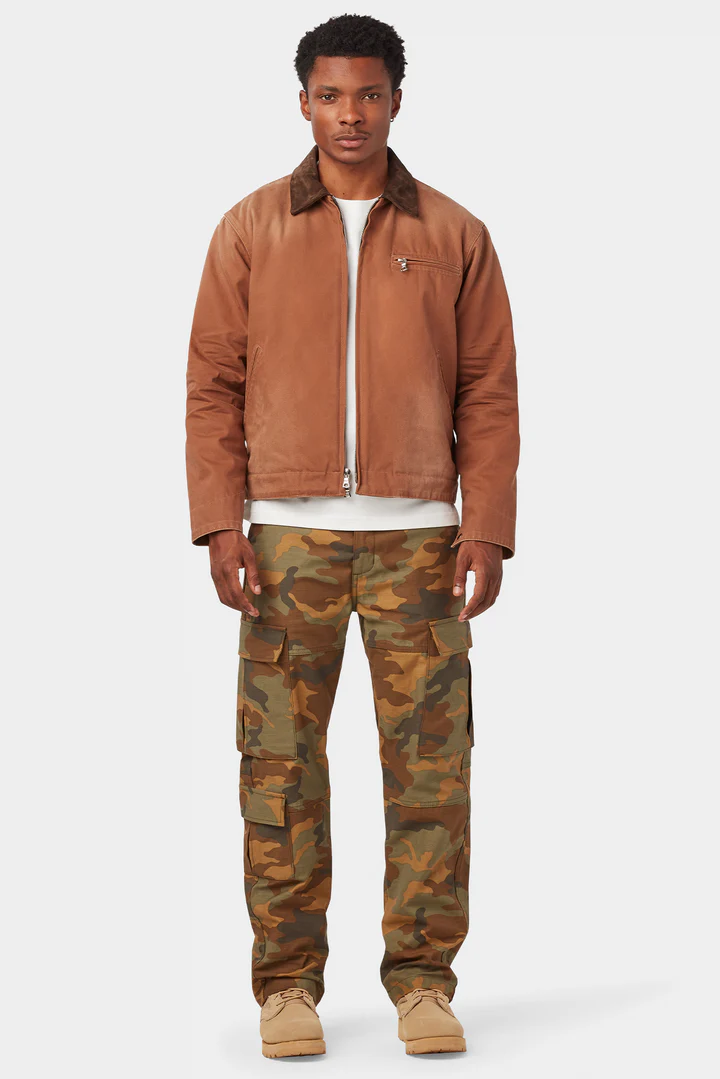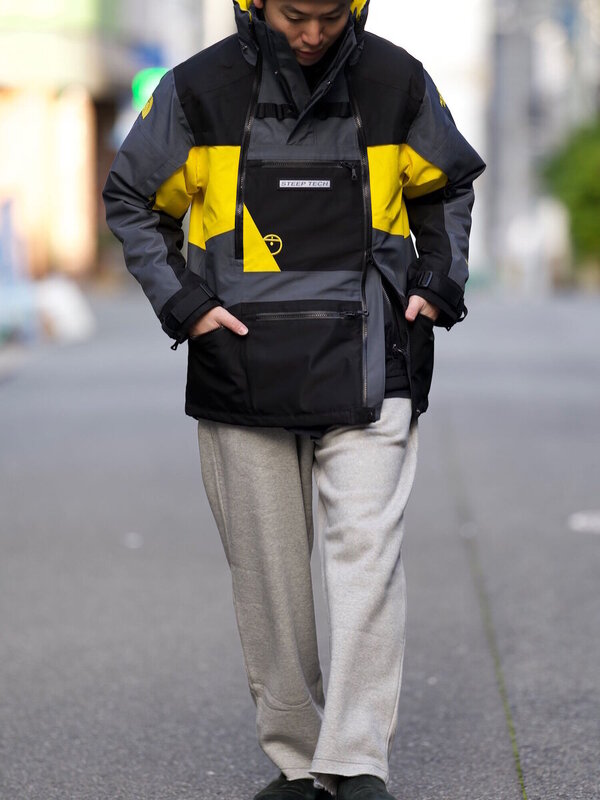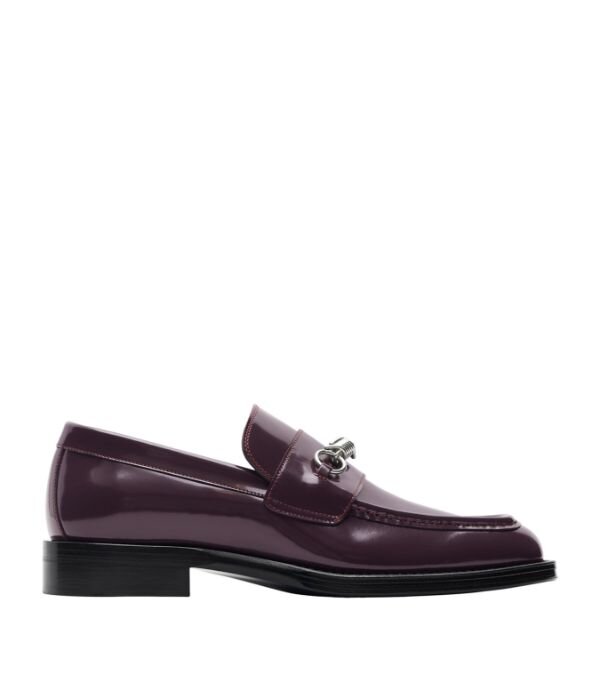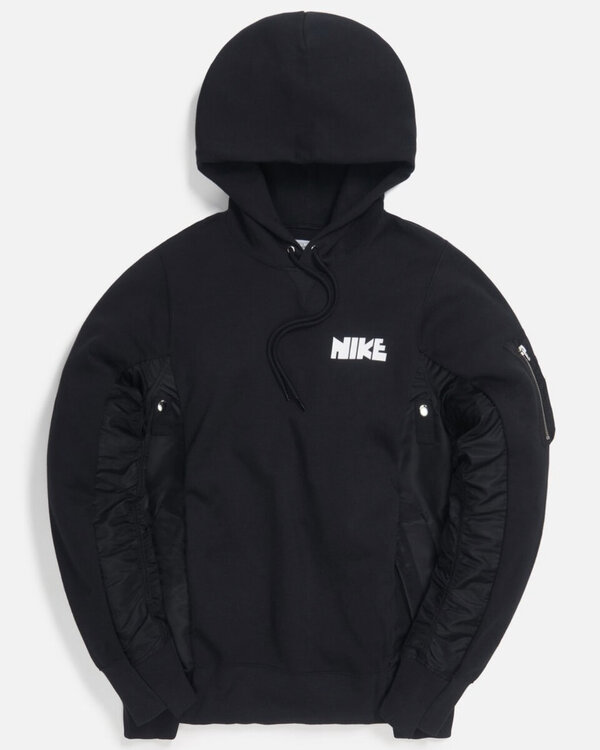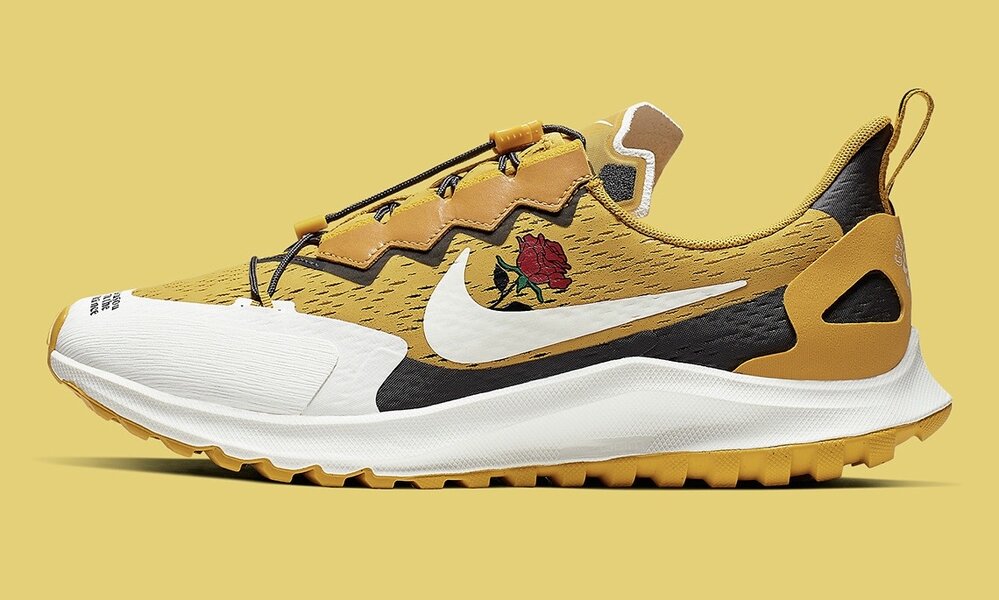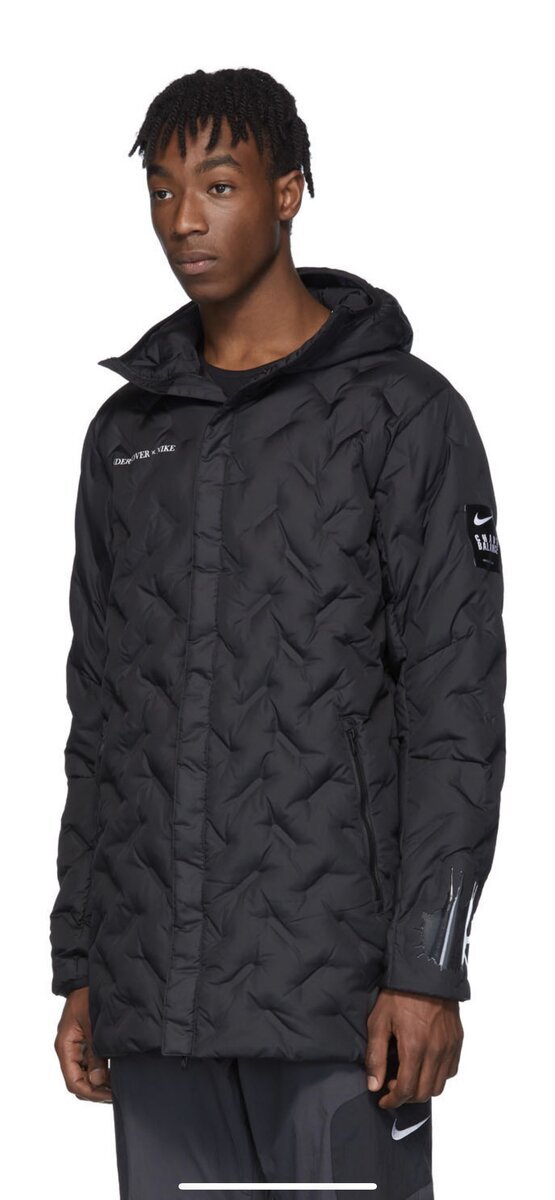- Joined
- Apr 10, 2011
- Messages
- 27,320
- Reaction score
- 69,991
I take your point about excessive cynicism, and yes, guilty as charged. What's your theory of how this works though--the downstream effect on voting behavior? Or put differently, what's a theory of how this would work? I find the evidence on public opinion frankly damning on this point: the relationship between opinion and policy is tenuous, even incidental. "Democracy by coincidence," if you know the reference. I'm also very skeptical of the political psych findings on nudges and the like, and don't think there's much there to support the hypothesis either. I'm trying to think of a parallel to having a gay canvasser come to your door --> making you more supportive of LGBT issues, but am coming up blank. If government regulation over production is going to happen, I think it's going to happen despite of interest groups and regardless of public opinion. Movements + advocacy + institutions, not consumer innovations + public opinion change.
Not sure what you're asking. Are you asking how a rental service would make consumers more environmentally conscious? That's not what I meant when I wrote what I wrote. I was saying that such discussions may still be useful. It may still be useful for consumers to think about the environmental impact of their choices, even if individual choices don't make that big of a difference.
Finally, I think your Uber comparison above is the wrong one to make, but ironically supports the point I want to make. People flocked to Uber because of cost, not environmentalism...but that cost was kept artificially low by VC capital making up for huge losses while Uber tried to destroy public transit and change laws to allow their drivers to be classified as contractors instead of employees...in order to keep prices low. In this case, more Uber may not exactly be "better" than more cars, especially once the true costs are borne. And even if it is better, it's worse than better public transit. (I'm pretty sure you agree with this).
Yes, I would not dispute this. I don't think I claimed that consumers make choices based on the environment. Just a question of whether certain types of productions are greener than others.
